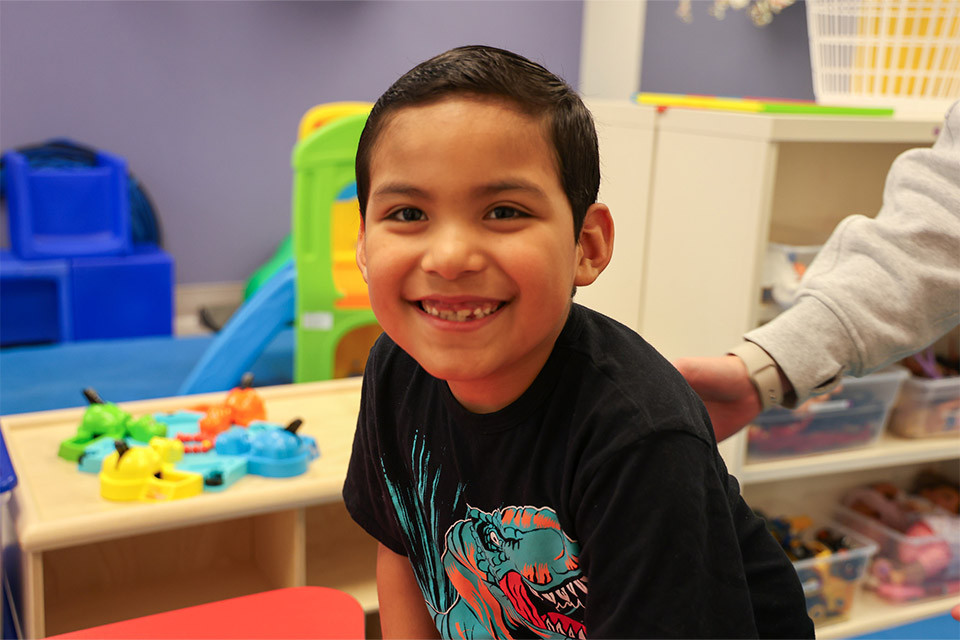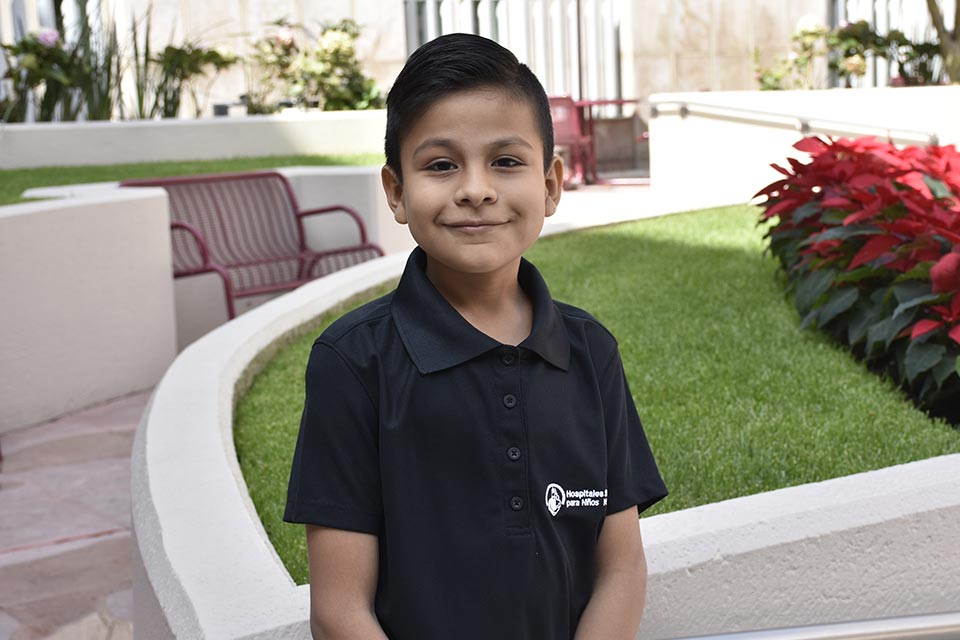Shriners Children’s Southern California Encourages Awareness During National Scoliosis Awareness Month
June is National Scoliosis Awareness Month, and the medical staff at Shriners Children’s are reminding parents about the importance of scoliosis screenings in children and adolescents. Now is the time for parents to be spine aware.
“Screening for scoliosis in children is easy to do in the summertime. With your child in a swimsuit, have them bend over and touch their toes,” said Robert Cho, M.D., chief of staff and orthopedic surgeon. “You can use the Shriners SpineScreen app on your phone to determine if they have a curvature in a range where they should be checked out by one of our scoliosis specialists. Early detection is key to prevent a curve from getting worse, and often surgery can be prevented if caught early.”
What is scoliosis?
Scoliosis is one of the more common spinal disorders in which the vertebrae rotate, causing an abnormal curve of the spine. Curves are often S-shaped or C-shaped. The most common type is idiopathic scoliosis, a type of scoliosis where the cause is unknown, but is thought to be genetic. Scoliosis can occur in otherwise perfectly healthy children.

Dr. Cho (pictured with patient) enjoys teaching his patients about their condition.
How do you screen for scoliosis?
Scoliosis may appear at any time during the main growth years for children (years 10 to 12), which is the growth spurt period that happens just before puberty. It is essential that a child's spine be checked regularly until their growth is complete. A curvature may progress considerably during the these years if scoliosis goes undiagnosed.
Scoliosis will often present with the following symptoms:
- One shoulder blade higher than the other
- The appearance that the head is not centered with the rest of the body
- Uneven hips or one hip sticking out more than the other
- Pushed-out ribs
- Difficulty breathing due to a reduced available area for lung expansion
- Back pain and discomfort
- When bending forward, the appearance that the two sides of the back are different heights
How can scoliosis be treated?
Early detection makes an incredible impact on the success rate of correcting a curvature of the spine and gives providers the opportunity to explore nonsurgical treatment options. Our care team will partner and make decisions with you to create the best possible outcomes for your child and their idiopathic scoliosis care journey. There are currently no medications to treat scoliosis, nor can its onset be prevented. The treatment for scoliosis varies with each individual patient and is based on the patient’s age, future growth potential, and the severity and location of the curve.
June is the nationally designated month to spread awareness about scoliosis, but at Shriners Children’s, scoliosis education never comes to an end. If you have concerns or believe your child may have scoliosis, request an appointment or call 855-236-9944.
Keep In Touch
Join our mailing list to stay up to date on everything that's happening at Shriners Children's.



